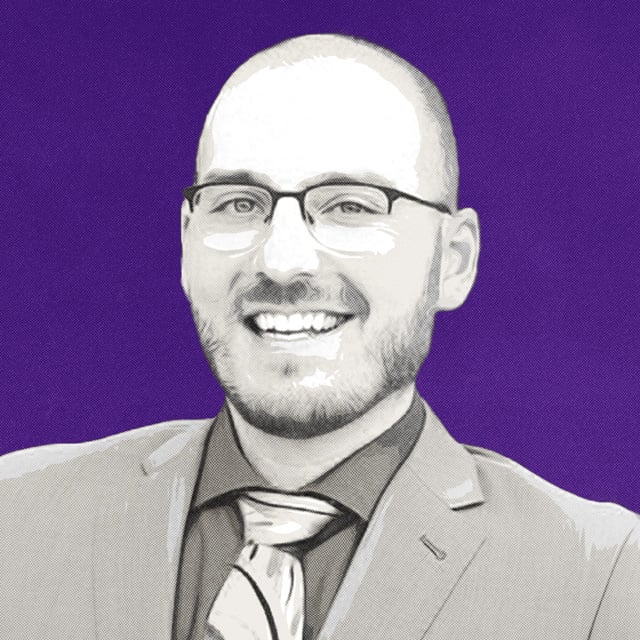Why Advisors Love the Retirement Planning Field

What You Need to Know
Retirement advisors commonly cite a shared sense of purpose with respect to the importance of their work.
Yet, most advisors and support professionals in the space today stumbled upon the field.
Efforts are underway across the industry to promote the retirement planning profession.
This is the latest in a series of columns about Social Security and retirement income planning.
When it comes to writing about the fast-evolving world of retirement planning in the United States, no two interviews are ever exactly the same, but almost every advisor I talk to shares a sense of purpose with respect to the importance of their work and a genuine feeling of gratitude for “ending up” there.
Commonly, advisors stumble upon a career in retirement, perhaps acting on the recommendation of a friend or peer who works at a firm with a job opening.
In my experience, the only real exception to the rule are people whose parents — or maybe an aunt or uncle — work in the retirement field and run a family advisory business, but that fact really just emphasizes how attractive the retirement industry can be when a job seeker actually understands the range of opportunities at hand.
In reality, one can find appealing work at a registered investment advisor, a financial planning technology provider, a retirement plan administrator or an asset manager — but only if they know about this important sector.
This is why the financial advisors I speak with love the retirement planning world and so commonly act as advocates for the industry. It provides an opportunity for meaningful and well-compensated work, with a significant degree of work-life balance to boot. What’s not to love?
‘Ending Up’ in Retirement
Two illustrative stories about “ending up” in the retirement planning field were shared with me recently by a pair of researchers at the American College of Financial Services: Eric Ludwig, director of the Center for Retirement Income and program director for the Retirement Income Certified Professional (RICP) program, and Kaylee Ranck, director of college research for the American College of Financial Services.
As I learned through several interviews and in recording an episode of the Retirement in Focus podcast series, neither of these knowlegeable academics had a “traditional” entrance into the industry.
Ludwig came to the work after a career as a commercial airline pilot, while Ranck’s early career followed more of the traditional academic route.
“How I ended up serving in this capacity has been interesting,” Ranck said. “I’ve been in higher education for the majority of my professional career, but it wasn’t until my mother was ill in my late 20s that I decided I wanted to switch more into the financial services and retirement focus. I worked directly in the industry for a short time, too, but I switched back to the academic route because I really do believe that research can serve as a baseline and support system for practitioners and providers to lean into when helping their clients make decisions.”
Ludwig’s shift to the retirement topic was equally unplanned — and equally fortuitous.
“Whatever the direct path into this field is, I definitely didn’t do that,” Ludwig said. “A few years into being a pilot, Hurricane Katrina struck New Orleans, and I had the opportunity to do a relief flight down there. When I came back from that, I just had this strong sense of fulfillment. That was why I was supposed to be a pilot, and now it was over. I was thinking of what to do next and this weird job of being a financial advisor came up.”
Though their entrances into the field were different, both Ranck and Ludwig told me they couldn’t be happier with how their careers have unfolded, and they would encourage anyone to consider a career in retirement. This is despite the fact that both of their early work in the space unfolded during the Great Recession.


